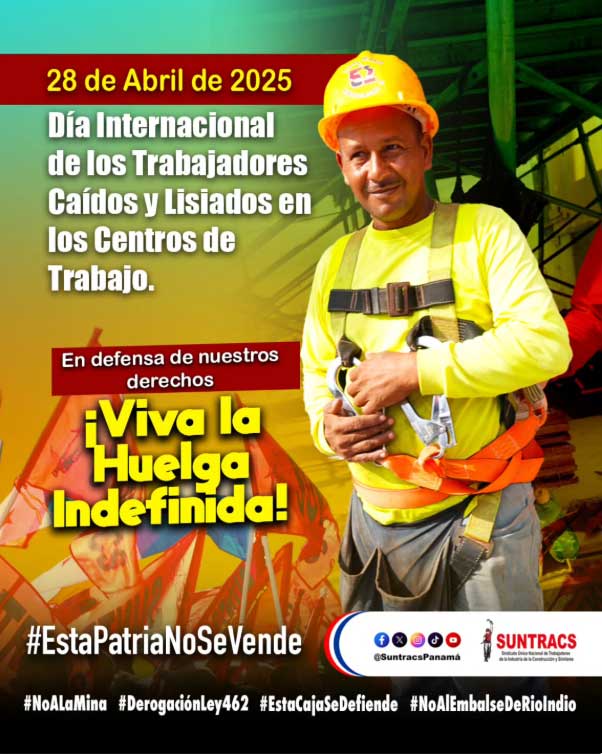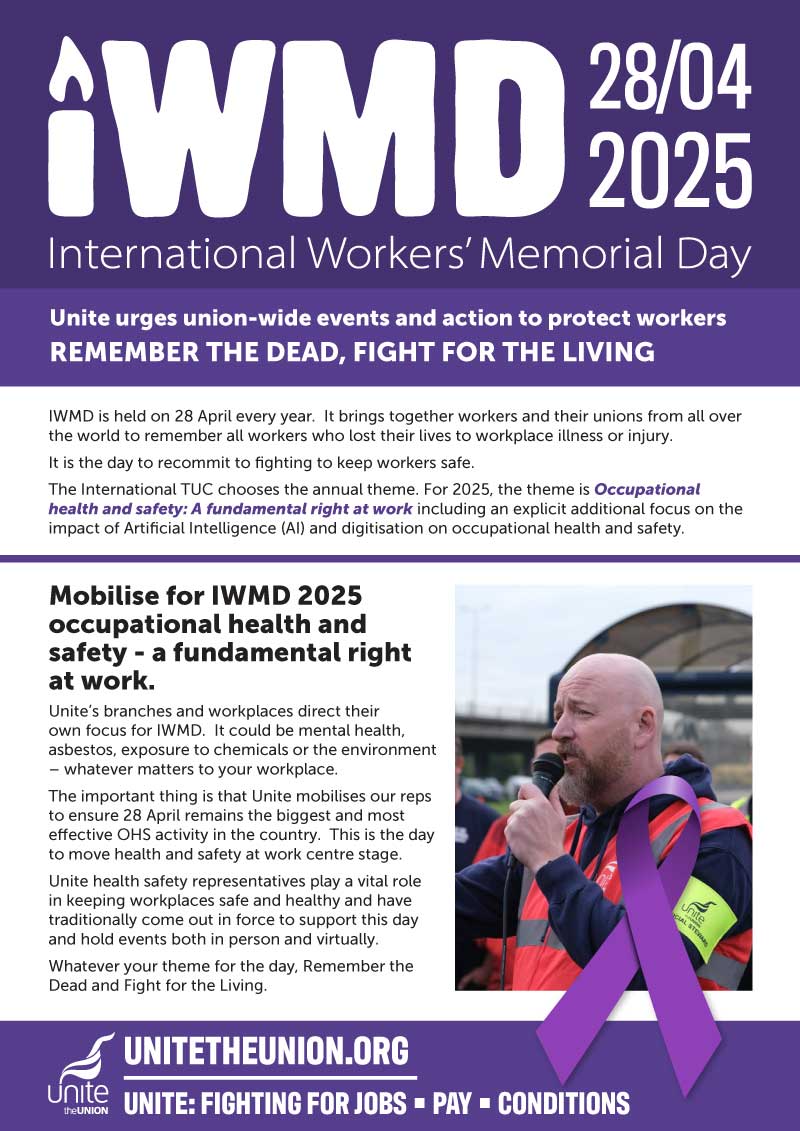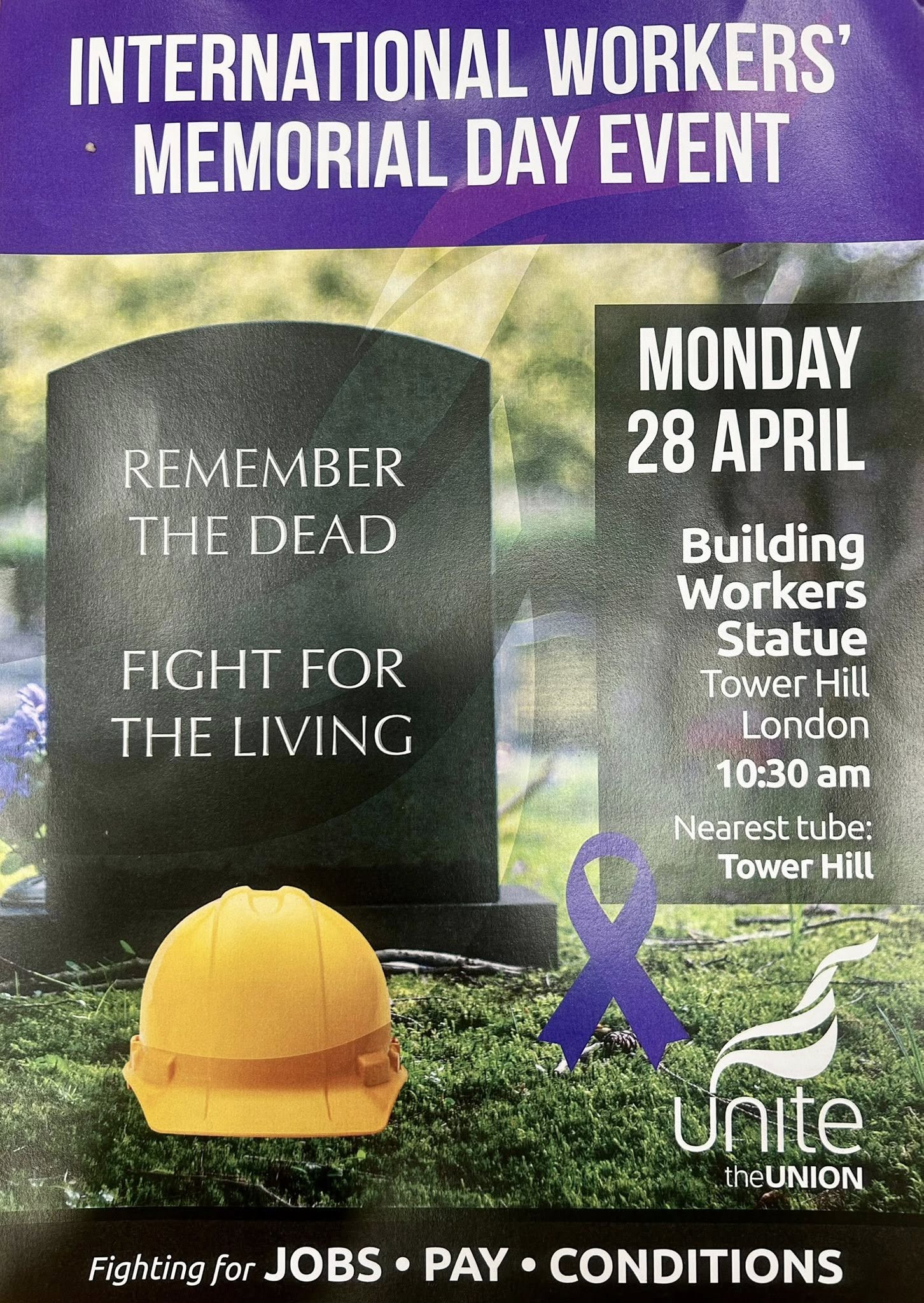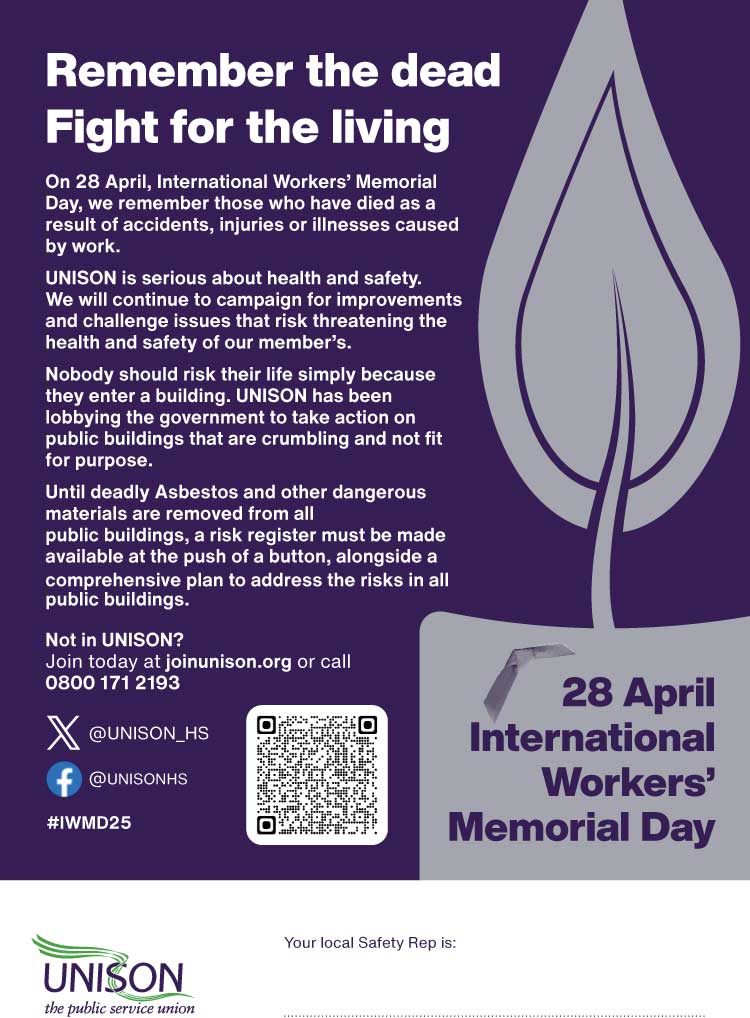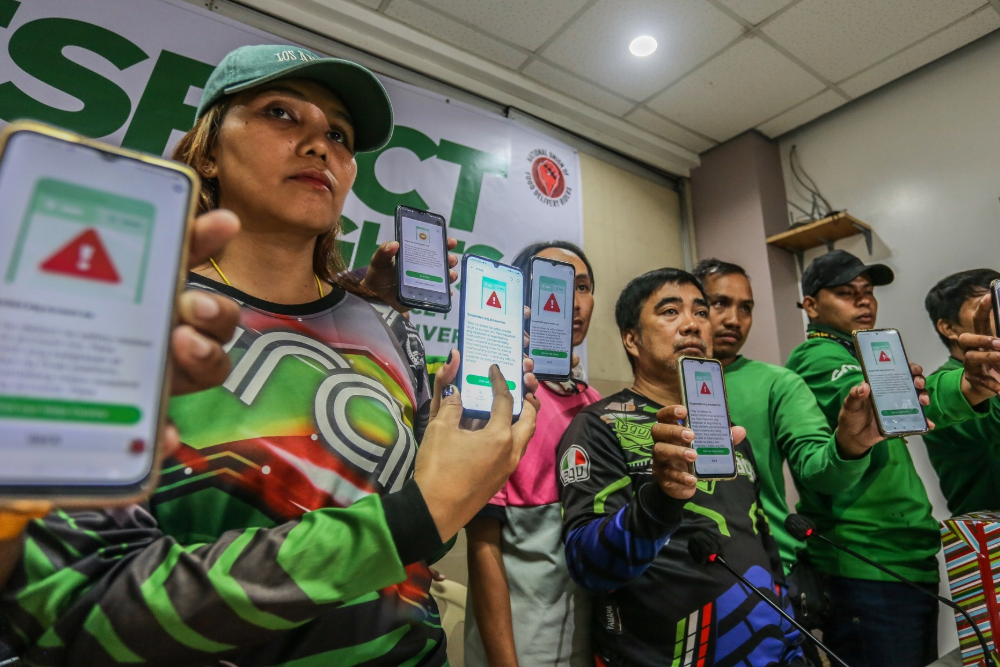
28 kwietnia 2025 r. obchodzimy Światowy Dzień Bezpieczeństwa i Ochrony Zdrowia w Pracy pod hasłem „Cyfryzacja i sztuczna inteligencja – nowa era pracy”.
Z tej okazji Międzynarodowa Organizacja Pracy (MOP) przygotowała raport, w którym podkreśla pilną potrzebę aktualizacji przepisów bhp, aby nadążały za dynamicznymi zmianami technologicznymi.
MOP zwraca uwagę na kluczowe wyzwania, takie jak:
✔️ obciążenia ergonomiczne i psychiczne wynikające ze współpracy z robotami i systemami nadzoru, ✔️ stres i wypalenie zawodowe spowodowane zarządzaniem algorytmicznym,
✔️ zagrożenia cybermobbingiem i izolacją w pracy zdalnej,
✔️ przeciążenia poznawcze i fizyczne związane z długotrwałym użytkowaniem VR i AR.
W swoim najnowszym raporcie MOP wskazuje pięć strategicznych kierunków działań, które powinny stanowić fundament bezpiecznej i sprawiedliwej cyfryzacji świata pracy:
✅ stworzenie regulacji zapewniających bezpieczną interakcję człowiek-maszyna,
✅ wzmocnienie ochrony danych osobowych i prywatności pracowników w środowisku cyfrowym,
✅ zagwarantowanie prawa do „bycia offline”, chroniącego czas wolny i zdrowie psychiczne pracowników,
✅ systematyczne podnoszenie kompetencji cyfrowych i zapewnienie dostępu do szkoleń,
✅ pełne zaangażowanie pracowników i ich przedstawicieli w proces projektowania i wdrażania nowych technologii.
Szczegółowe informacje można znaleźć w raporcie Międzynarodowej Organizacji Pracy, dostępnym na stronie Dnia w portalu CIOP-PIB: www.ciop.pl/28kwietnia2025

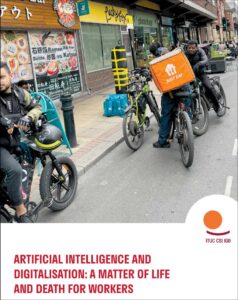 The 28 April ITUC report Artificial intelligence and digitalisation: A matter of life and death for workers identifies widespread physical and psychosocial harms at work associated with the use of these technologies, from cognitive overload as humans are required to work in tandem with robots — cobots — to strain injuries, stress and depression as a consequence of unachievable quotas determined and policed by algorithms. Download here
The 28 April ITUC report Artificial intelligence and digitalisation: A matter of life and death for workers identifies widespread physical and psychosocial harms at work associated with the use of these technologies, from cognitive overload as humans are required to work in tandem with robots — cobots — to strain injuries, stress and depression as a consequence of unachievable quotas determined and policed by algorithms. Download here



